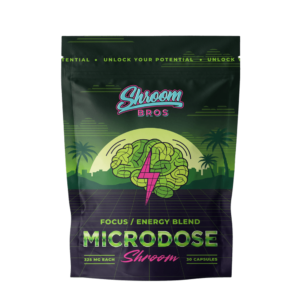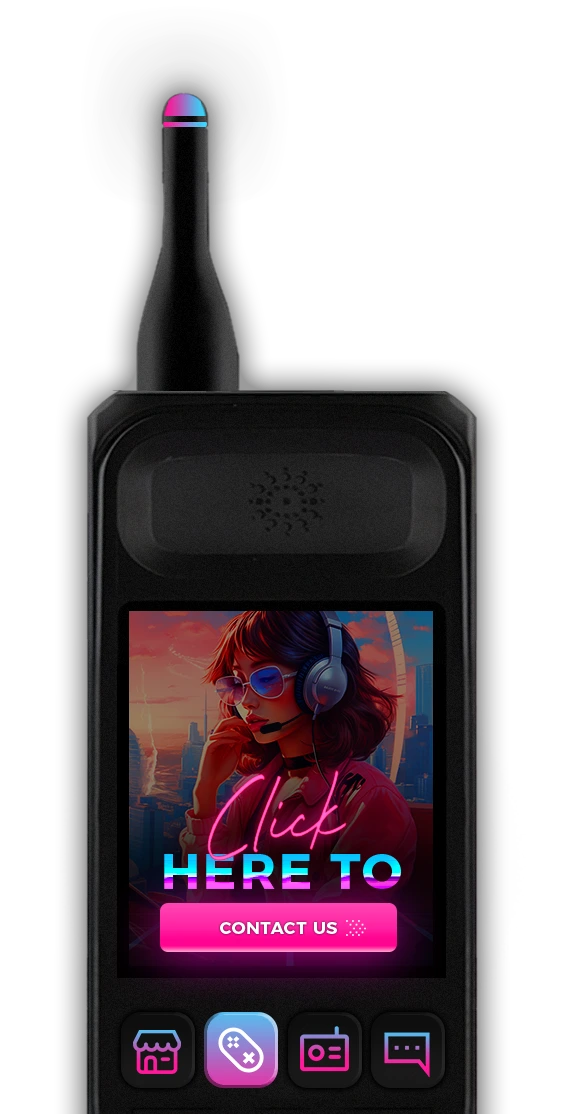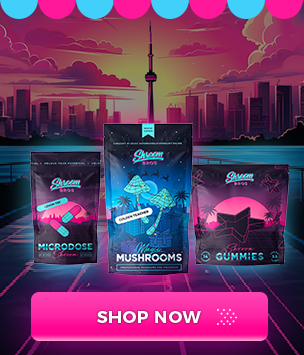In recent years, the idea of microdosing psychedelics, particularly psilocybin-containing mushrooms (commonly referred to as “magic mushrooms”), has gained significant attention. From Silicon Valley entrepreneurs to college students, many have embraced microdosing as a potential way to boost creativity, focus, and mental well-being. But can microdosing really help students and professionals excel academically, or is this just another trend fueled by anecdotal evidence and hype?
This article delves into the science, personal accounts, and ethical considerations surrounding microdosing magic mushrooms in the context of academic performance. By the end, you’ll have a clear understanding of whether microdosing could be a game-changer for intellectual pursuits—or a slippery slope with unforeseen consequences.
What Is Microdosing?
Microdosing involves consuming very small, sub-perceptual amounts of a psychedelic substance like psilocybin, LSD, or others. A typical dose of psilocybin mushrooms for a “full” psychedelic experience is around 2-3.5 grams, whereas a microdose is about 0.1 to 0.3 grams—enough to feel subtle effects but not cause hallucinations or significant changes in perception.
Advocates of microdosing suggest it leads to improved mood, focus, creativity, and problem-solving skills without the overwhelming effects associated with a full psychedelic trip. These claims have attracted students and professionals seeking an edge in competitive academic and workplace environments.
The Academic Appeal of Microdosing
Microdosing’s rise in popularity is partially rooted in the pressures of modern academia. Students face intense workloads, looming deadlines, and the constant demand for creative and critical thinking. In this context, microdosing has been touted as a way to:
- Boost Focus and Concentration
Proponents claim microdosing can help sharpen attention and reduce procrastination. With distractions ubiquitous in today’s digital age, maintaining focus is more challenging than ever, and microdosing is said to promote a state of “flow”—a heightened sense of immersion in tasks. - Enhance Creativity and Problem-Solving
Academic fields often require innovative thinking, whether it’s brainstorming a unique thesis topic or solving complex equations. Psilocybin has been linked to increased neural connectivity, which may encourage novel thought patterns and lateral thinking. - Reduce Stress and Anxiety
College students frequently struggle with stress, which can hinder learning and memory retention. Microdosing is often praised for its ability to improve mood and alleviate anxiety, potentially creating a mental environment more conducive to academic success. - Improve Memory and Learning
Preliminary research suggests that psychedelics, including psilocybin, may enhance neuroplasticity—the brain’s ability to form new neural connections. This could translate to improved memory retention and learning capacity.
While these benefits sound promising, they are primarily based on anecdotal reports, as scientific research into microdosing remains in its infancy. Let’s take a closer look at what the science says.
What Does the Science Say About Microdosing and Academic Performance?
Despite the growing interest, rigorous scientific studies on microdosing are limited. Here’s what we know so far:
1. Neuroplasticity and Cognitive Enhancement
One of the most promising areas of psychedelic research is its impact on neuroplasticity. Studies in animals have shown that psilocybin can promote the growth of dendritic spines—small protrusions on neurons that facilitate communication between brain cells. This suggests that psychedelics may help the brain adapt and learn more effectively.
In humans, a 2020 study published in Cell Reports found that psilocybin led to sustained increases in neural connectivity. While this research focused on therapeutic doses, it raises questions about whether similar effects occur at microdose levels. If microdosing can enhance neuroplasticity, it could theoretically improve memory, learning, and problem-solving abilities.
2. Mood and Anxiety
Microdosing is often credited with mood enhancement and anxiety reduction—factors that can significantly impact academic performance. Research on larger doses of psilocybin has demonstrated its efficacy in treating depression and anxiety, particularly in clinical settings. For example, a 2016 study at Johns Hopkins University found that a single high dose of psilocybin provided long-lasting relief from anxiety in patients with life-threatening illnesses.
While microdoses are much smaller and less studied, anecdotal reports suggest they may have a similar, albeit milder, effect on mood. This could help students manage the emotional challenges of academic life, allowing them to focus more effectively on their studies.
3. Creativity and Divergent Thinking
Creativity is a crucial skill in academia, especially in disciplines that require innovative problem-solving. A 2018 study published in Psychopharmacology found that psilocybin enhanced divergent thinking—a type of creativity that involves generating multiple solutions to a single problem. However, the study used full doses of psilocybin, and it’s unclear whether microdoses would yield the same effect.
The Risks and Limitations of Microdosing
While microdosing may offer potential benefits, it’s essential to consider the risks and limitations before embracing it as a tool for academic success.
1. Lack of Comprehensive Research
The biggest limitation is the lack of robust scientific evidence. Most studies on psilocybin focus on therapeutic doses, and the few microdosing studies that exist are often small-scale or rely on self-reported data. Without more rigorous research, it’s difficult to draw definitive conclusions about the safety and efficacy of microdosing for academic purposes.
2. Placebo Effect
A 2021 study published in eLife explored the effects of microdosing and found that participants who believed they had taken a psychedelic (even if they hadn’t) reported similar benefits to those who actually consumed the substance. This suggests that some of the perceived benefits of microdosing may be due to the placebo effect rather than the substance itself.
Personal Accounts: Microdosing in Academic Life
To gain a fuller picture, it’s worth examining anecdotal experiences from students and professionals who have experimented with microdosing.
Positive Experiences
Many microdosers report improved focus, creativity, and emotional resilience. For instance, a university student studying engineering shared, “Microdosing helped me get through long study sessions without feeling overwhelmed. I felt more engaged with the material and less anxious about exams.”
Others have credited microdosing with enhancing their ability to think outside the box. A graduate student in the arts described how it “unlocked new perspectives” for her thesis project, allowing her to approach her research in novel ways.
Negative Experiences
Not all experiences are positive, however. Some students report increased anxiety, difficulty concentrating, or disrupted sleep patterns. “I tried microdosing to help with my finals, but it made me feel jittery and distracted,” said one college senior. “It wasn’t the miracle cure I’d hoped for.”
These mixed accounts highlight the variability in individual responses to microdosing, underscoring the need for personalized approaches and caution.
Best Practices for Those Considering Microdosing
If you’re thinking about trying microdosing, it’s crucial to approach it responsibly. Here are some best practices to consider:
- Start Small
Begin with the lowest possible dose (e.g., 0.1 grams) to assess your body’s reaction. Gradually adjust the dosage if necessary. - Follow a Schedule
Most microdosers adhere to schedules like the “Fadiman protocol,” which involves microdosing every three days to prevent tolerance buildup. - Monitor Your Experience
Keep a journal to track your mood, focus, and productivity. This can help you determine whether microdosing is genuinely beneficial or simply a placebo effect. - Stay Informed About Legal Risks
Research the laws in your jurisdiction and weigh the legal risks before experimenting with psilocybin. - Consult a Professional
If possible, seek guidance from a healthcare provider or therapist experienced in psychedelic research. They can help you navigate potential risks and benefits.
The Future of Microdosing Research
The growing interest in microdosing has spurred new research initiatives. As psychedelics become more mainstream, researchers are conducting larger, more rigorous studies to investigate their potential benefits and risks.
For example, organizations like the Multidisciplinary Association for Psychedelic Studies (MAPS) and the Beckley Foundation are actively exploring the effects of psychedelics on mental health and cognition. Future studies may provide clearer insights into whether microdosing can genuinely enhance academic performance—or whether its benefits are overstated.
Conclusion: Can Microdosing Help Academics?
Microdosing magic mushrooms holds tantalizing potential as a tool for improving focus, creativity, and mental well-being. However, the current body of evidence is insufficient to conclusively support its use as a performance enhancer in academic settings. While some students and professionals report positive outcomes, the risks, and placebo effects cannot be ignored.
For now, those considering microdosing should proceed with caution and prioritize other evidence-based strategies for academic success, such as effective time management, mindfulness practices, and proper self-care. As research progresses, we may gain a deeper understanding of microdosing’s true capabilities—and its place in the academic toolkit.













